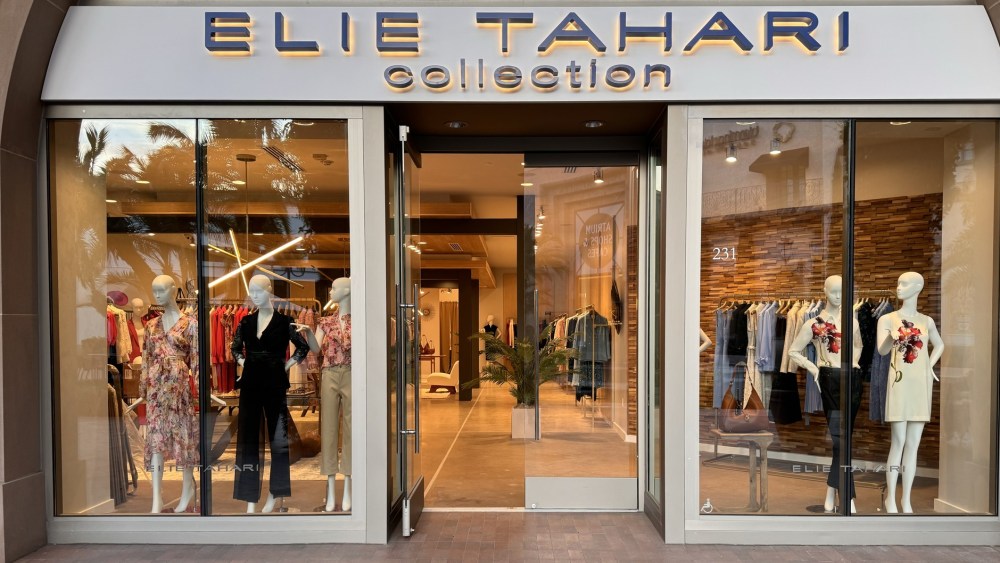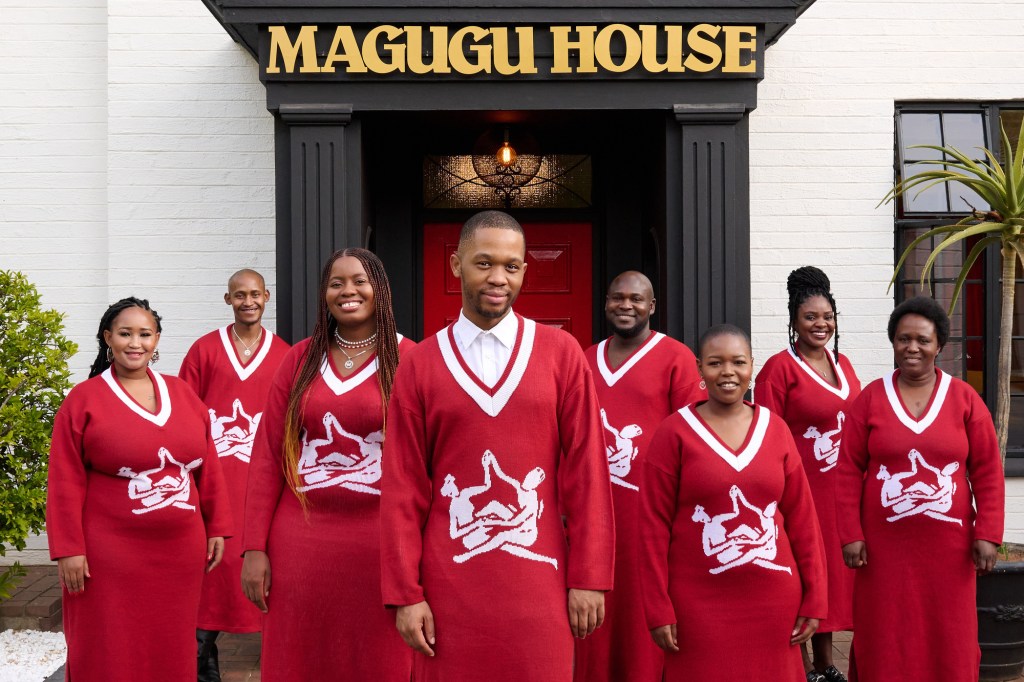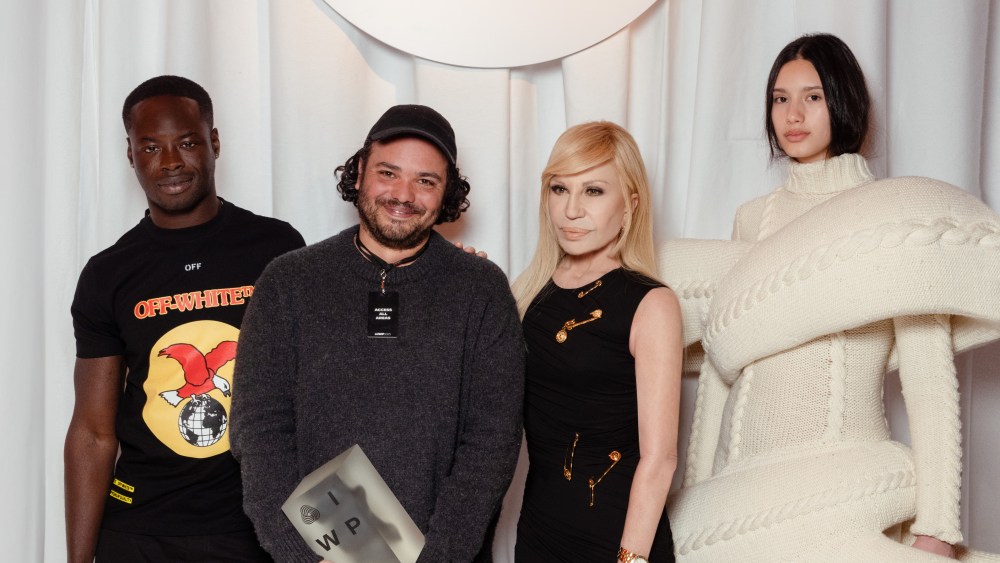During COVID-19, Elie Tahari did a big pivot.
The company closed half of its brick-and-mortar stores, bringing the total down to seven for the Elie Tahari Collection and five outlets — and he’s OK with that.
“The touch and feel of the product that you only get in the stores is very important. Having a retail presence is crucial, but online is more important,” Tahari said.
“The customer is very digital and that is where they are most comfortable shopping, but there is a strong synergy between stores and online,” said David Clements, Tahari’s president of retail. “Most customers don’t just shop one or the other. They shop stores, online and through social media.”

The Elie Tahari Collection stores are located in the Garden State Plaza in Paramus, N.J.; Pembroke Gardens in Pembroke Pines, Palm Beach Gardens and Aventura Mall, all in Florida; Fashion Island in Newport Beach and Santa Monica Place, both in California, and National Harbor in Oxon Hill, Md.
You May Also Like
Tahari has no immediate plans to open additional full-price stores or outlets, though according to Clements, “We’re always looking [to open] stores where it makes financial sense. We are exploring new opportunities for retail expansion in 2025 and on, but the focus now is on digital and social aspects. We’ve been getting significant growth online and in social media for the last four years. We’ve been seeing double-digit growth and we expect that to continue going forward.”
This year, Clements said, the business has been surpassing last year’s sales volumes, though he declined to disclose actual dollar amounts.
Tahari and Clements were speaking to the segments of the Elie Tahari brand controlled by Elie Tahari. That includes the retail stores, the outlets, e-commerce and the designer collection. Elie Tahari designs and produces an exclusive Elie Tahari designer collection sold exclusively online at elietahari.com and in his own retail stores. In addition, a licensing partner, Republic, produces a collection under the Elie Tahari label sold to retailers such as Saks Fifth Avenue. According to Tahari and Clements, Republic will be producing a Tahari men’s collection in the near future.
Bluestar Alliance, a brand management firm, acquired the Tahari brand businesses in 2018. Bluestar owns the Elie Tahari brand business in partnership with the designer. As the brand owner, Bluestar has several licenses, including the T Tahari secondary line as well as sleepwear, intimates, outerwear, home and optical.
According to Clements, about 60 percent of the sales generated by the Elie Tahari high-end designer collection happen online and 40 percent through the stores, with some variation seasonally.
Prior to shifting the balance of the business to online, Tahari did have a website but it was primarily informational. The successful pivot to e-commerce happened fast, for a few reasons. First, Tahari already had built a loyal customer base over the decades. Secondly, Tahari’s assortment, including the styles he creates and categories created through licensing arrangements, has evolved into a lifestyle collection. Formerly, Tahari was heavily focused on dresses and career wear, which are still two crucial categories for the brand. Now, however, the brand has diversified to also offer relaxed casual clothes and weekend wear.
“The brand has become much more versatile,” Tahari said. “It’s not about an age. It’s about a lifestyle.
We are attracting many younger customers. It’s a much younger demographic for us.”
The age range, on average, previously was about 45 to 55, he said. Now customers average 25 to 35 year old. “We’re more about presenting a lifestyle. We have wider exposure across the market,” Tahari said.

“We’ve got a great core customer,” Clements added. “By exposing Tahari through social media, we can touch people all over the world. We have a lot more touch points than in the past.”
He said Tahari is getting a “tremendous” response on Facebook, followed by Instagram, and is picking up popularity on TikTok and Pinterest.
“We are constantly updating our website,” Clements said, adding that store experiences are adapted to the website. For example, Tahari offers virtual styling where appointments can be scheduled to spend time online with stylists who also work in the stores. At the local level, stylists will bring outfits to customers.
Tahari utilizes AI for personalization and photography online, thereby saving on the costs of hiring photographers for product shots. Editorial content is created with professional photographers and models. AI is currently being used in e-commerce operations and Tahari will continue to look for additional AI opportunities in the future.
At the bottom of the web pages, social posts are displayed. “We are working to make our social media more relatable and create more authentic experiences connecting stores and our dot-com. One example, we started integrated social posts and UGC [user-generated content] tags on our main page and in our product web pages. We are also actively working with influencers,” Clements said.

The orders taken online are shipped from Tahari’s warehouse in Millburn, N.J., keeping the fulfillment in-house rather than through a third party. Tahari ships to customers around the world, and has large following in Europe in addition to the U.S.
Five decades ago, when Tahari started his business, his design efforts focused on suits and dresses for career wear. Nowadays, Tahari observed, women are dressing to exude individuality and that’s opened up opportunities to cater to a wider audience with a wider assortment.
“One hundred new styles are online every month,” Tahari said. “The biggest categories are dresses and blouses, which is where the growth is coming from, more than suiting.”




